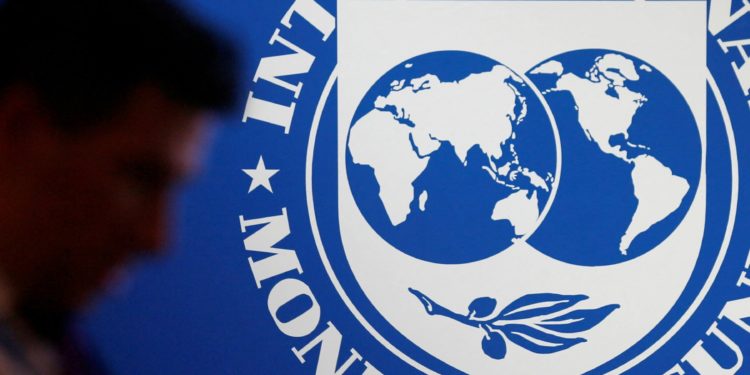Ghana’s fiscal deficit to GDP remains highest in Sub-Sahara Africa despite improvement efforts
Ghana’s fiscal deficit to Gross Domestic Product (GDP) is expected to experience a marginal reduction to 7.3% in 2023, as projected by the International Monetary Fund (IMF).
This comes after a significant cut in government expenditure and an expected improvement in revenue. However, the IMF’s April 2023 Fiscal Monitor Report predicts that the fiscal deficit will increase to 8.4% of GDP in 2024, indicating that Ghana’s fiscal economy may still experience financing challenges.
The IMF’s report further highlights that Ghana’s fiscal deficit to GDP will remain the highest in Sub-Sahara Africa. In 2022, the country’s fiscal deficit was recorded at 9.9% of GDP, with Zambia following closely at 9.1% of GDP. While Ghana’s fiscal deficit is expected to reduce over the next few years, it is essential to address the challenges posed by persistent fiscal deficits and prioritize rebuilding fiscal buffers.
The primary balance is also estimated to end this year with a surplus of 0.1% to GDP, a significant improvement from a deficit of 2.8% in 2022. This result is expected to come from strong revenue growth in 2023. The primary balance is expected to increase to 0.6% in 2024 and expand to 1.0% of GDP consistently from 2025 to 2028. This development shows that Ghana’s efforts to improve revenue collection and cut government expenditure are yielding positive results.
However, the IMF Director of Fiscal Affairs, Vitor Gaspar, has cautioned the Ghanaian government to ensure that fiscal policy aligns with monetary policy to restore price and financial stability. Mr. Gaspar also urged the government to prioritize rebuilding fiscal buffers by developing credible risk-based fiscal frameworks that promote fiscal restraint to tackle fiscal vulnerabilities. The need for fiscal restraint is especially important in the face of abrupt changes in financial conditions that could affect Ghana’s fiscal vulnerabilities.
While Ghana’s fiscal deficit is expected to reduce over the next few years, the country needs to address persistent fiscal deficits and prioritize rebuilding fiscal buffers. Ghana must also ensure that fiscal policy aligns with monetary policy to restore price and financial stability while promoting fiscal restraint to tackle fiscal vulnerabilities. These efforts will be critical to ensure sustainable economic growth and development for the country.









